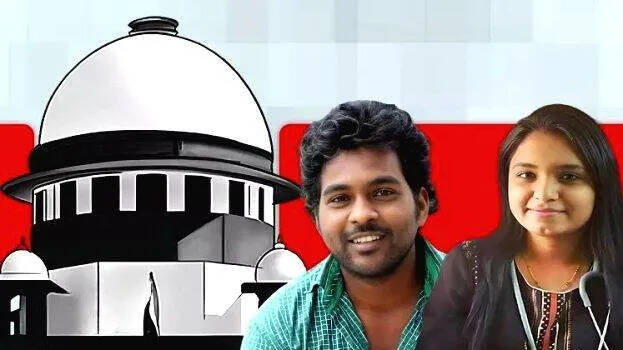

Before independence, criticizing the Congress was seen as criticizing the struggle for the motherland. Dr BR Ambedkar was one of the fiercest critics of Congress. Ambedkar met Gandhi for the first time in 1931. When Gandhi questioned Ambedkar's anti-Congress stance, Ambedkar's reply exposed the vileness of the caste system. 'Gandhiji, I have no homeland. No self-respecting Untouchable worth the name will be proud of this land," replied Ambedkar. It is a reality that caste-based discrimination still prevails in many fields even three-quarters of a century after independence. Even though the Constitution promises equal opportunity to all, many administrative committees are still ruled by the ones from upper-class societies. They always give preference to caste-based discrimination.
The administrative systems of our universities are no different. Caste discrimination by highly educated people cannot be attributed to just ignorance. The incidents of suicides of Rohit Vemula, a PhD student at the Central University of Hyderabad, who was a victim of caste discrimination, and Payal Tadvi, a tribal doctor from Mumbai, who faced casteist slurs and harassment relating to her caste status, had led to protests across India. Considering the Public Interest Litigation filed by the mothers of these two, the Supreme Court has directed the UGC to report caste discrimination in higher educational institutions including government and private universities and the steps taken so far. The petitioners sought answers to three questions which are “Out of total 820 universities across the country, how many have set up Equal Opportunity Cells?; If set up, what is the composition of these Cells?; What is the nature of monitoring being done by UGC towards implementation of the 2012 Regulations?”. A bench of Justices Surya Kant and Ujjal Bhuyan directed the UGC to file an affidavit containing all these within four weeks.
If there is less representation of educationists belonging to Dalit and backward castes in the cells formed in the universities, such cells will not be of any benefit. We ourselves have reported many stories about the undermining of reservation in many universities and even in recruitments and taking away the opportunities of the underprivileged. Even these are often resolved only when higher courts intervene. Even then, no action is taken against those occupying high chairs in universities who have committed such illegal activities in the name of caste. Many examples can be pointed out in Kerala itself where those who interfere with Ph.D. thesis etc. in the name of caste have approved theses filled with blunders written by people with high political influence. Expert cells formed in universities should be able to take necessary interventions to stop all such wrong trends. It is also imperative that the Supreme Court ensure academic experts belonging to Dalit and backward communities are given adequate representation in these cells.
The petitioners also pointed out that from 2004 to 2024 there have been 115 suicides in IITs of the country alone. A detailed study on the causes of suicide in institutions of higher education is also expected to be ordered.